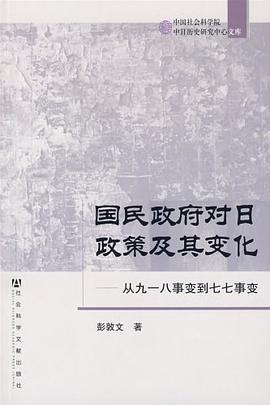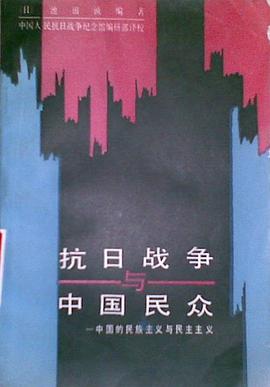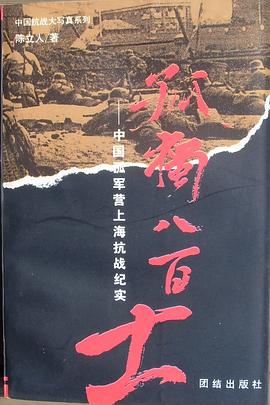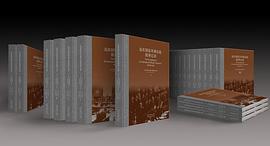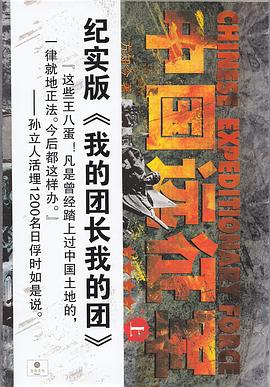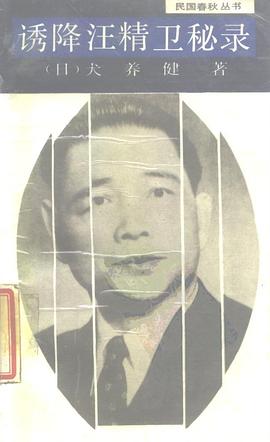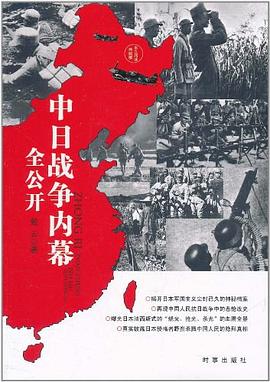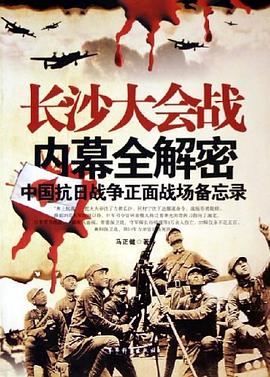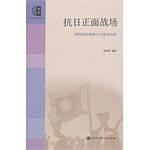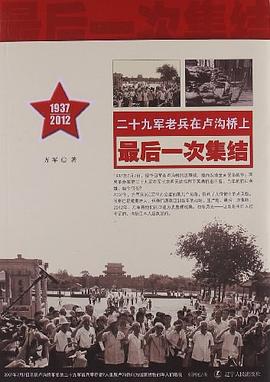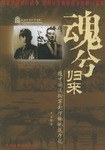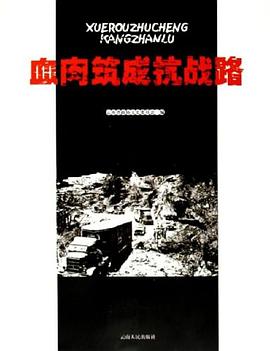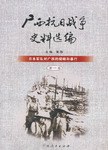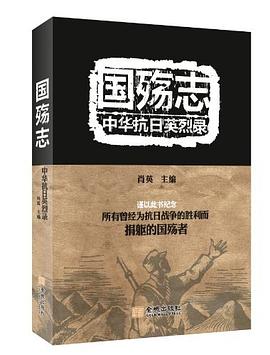

This is the first comprehensive study of popular culture in twentieth-century China, and of its political impact during the Sino-Japanese War of 1937-1945 (known in China as 'The War of Resistance against Japan'). Chang-tai Hung shows in compelling detail how Chinese resisters used a variety of popular cultural forms - especially dramas, cartoons, and newspapers - to reach out to the rural audience and galvanize support for the war cause. While the Nationalists used popular culture as a patriotic tool, the Communists refashioned it into a socialist propaganda instrument, creating lively symbols of peasant heroes and joyful images of village life under their rule. In the end, Hung argues, the Communists' use of popular culture contributed to their victory in revolution.
具體描述
讀後感
評分
評分
評分
評分
用戶評價
閱於2012-2015
评分The popularization and politicization of culture——popular culture gained its prominence during the wartime by virtue of the manipulation and remaking of the intellectuals.
评分毛毛怪叫獸的書…然後…看過瞭…
评分閱於2012-2015
评分匆匆掃過
相關圖書
本站所有內容均為互聯網搜索引擎提供的公開搜索信息,本站不存儲任何數據與內容,任何內容與數據均與本站無關,如有需要請聯繫相關搜索引擎包括但不限於百度,google,bing,sogou 等
© 2025 qciss.net All Rights Reserved. 小哈圖書下載中心 版权所有

